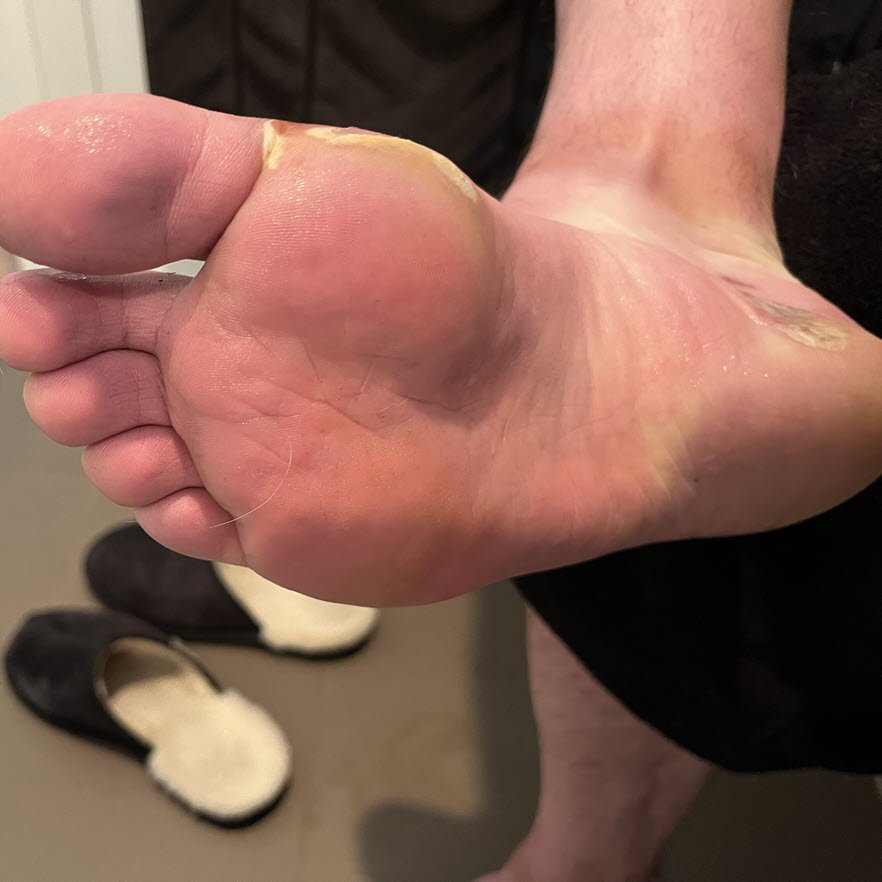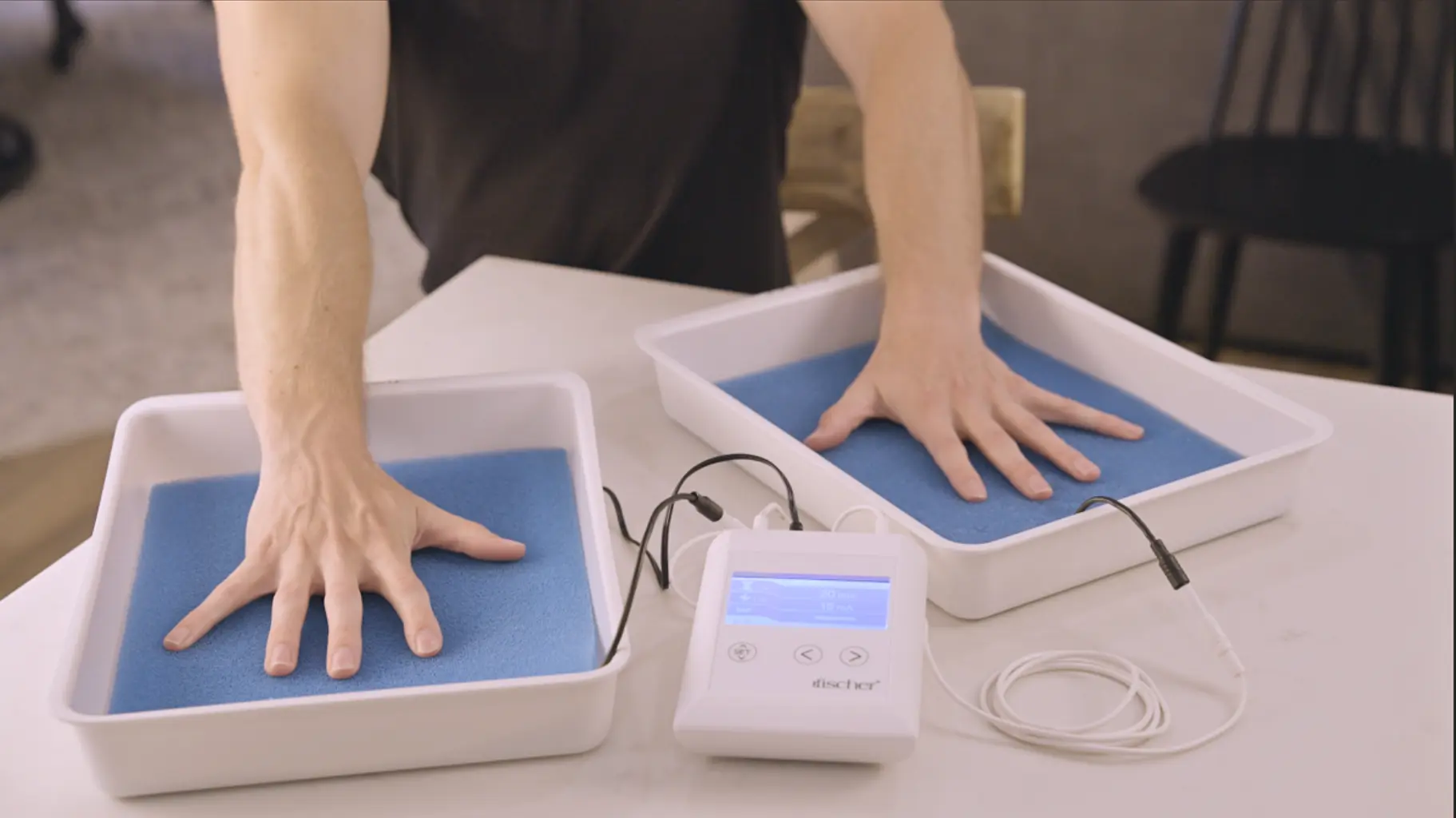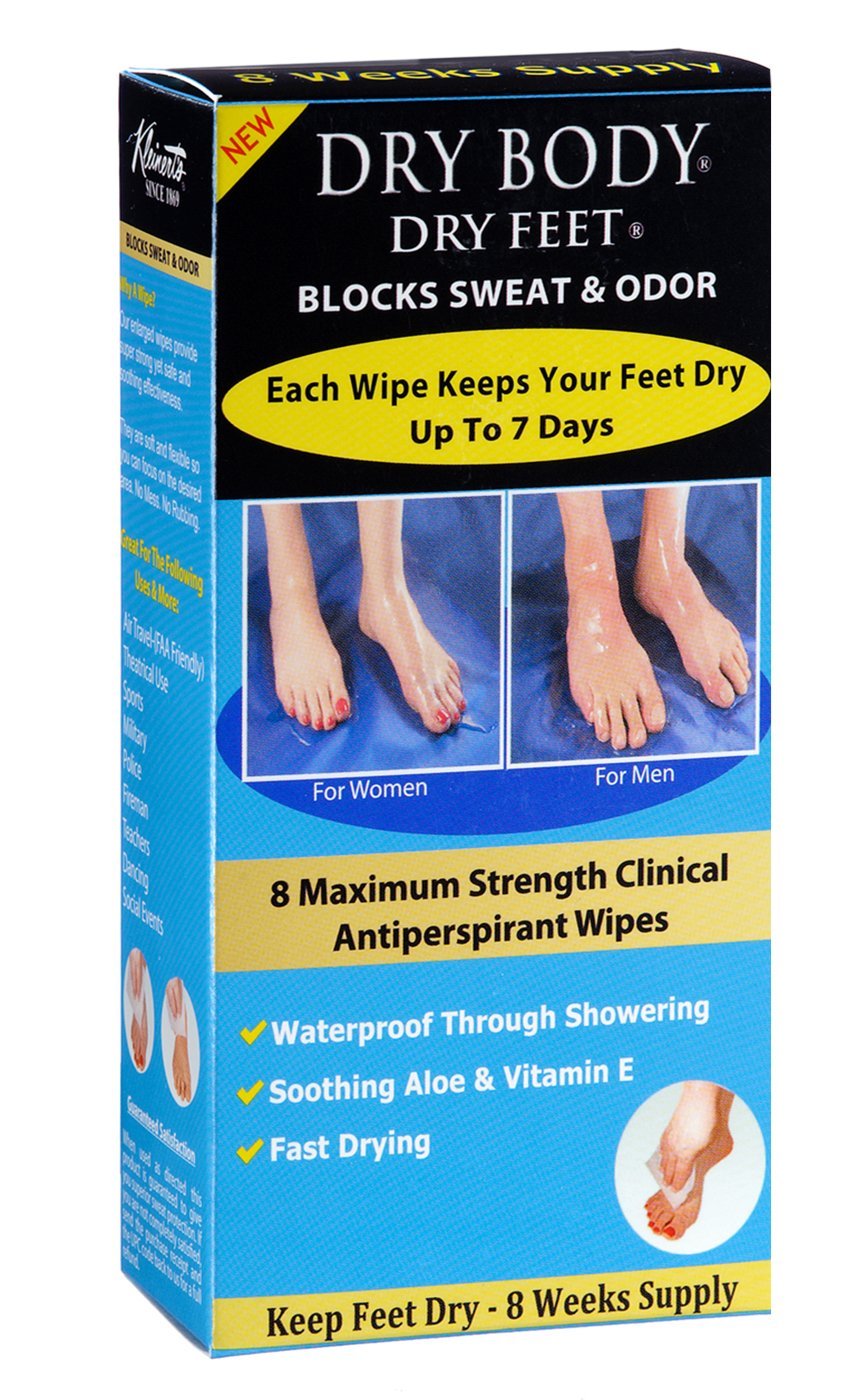Comprehending the Origin of Excessive Sweating and Its Influence On Day-to-day Live
While it is commonly understood as a physiological feedback to manage body temperature, the triggers for excessive sweating can differ extensively amongst people, including not only physical factors yet psychological and additionally emotional elements. By delving into the origin triggers of hyperhidrosis and exploring its multifaceted results, a much deeper understanding of this pervasive concern can be obtained, losing light on the complexities that individuals grappling with too much sweating browse on an everyday basis.
Physiology of Sweat Glands
The policy of sweat manufacturing, an important physiological procedure, is mostly controlled by the activity of sweat glands dispersed throughout the human body. Sweat glands are categorized right into 2 primary kinds: eccrine and apocrine glands.
When the body temperature level increases, either as a result of exercise, heats, or emotional stress and anxiety, the nerve system activates the sweat glands to produce sweat. This sweat is made up largely of water and electrolytes like sodium and chloride. The process of sweat manufacturing is essential for preserving the body's inner temperature level within a narrow, optimal variety, highlighting the essential role sweat glands play in human physiology.
Triggers for Excessive Sweating
In recognizing the origin of excessive sweating, it is important to identify the triggers that can result in this physical action. Too much sweating, additionally referred to as hyperhidrosis, can be prompted by various elements, both physiological and environmental. One typical trigger is psychological anxiety or anxiousness, which can boost the body's gland to generate even more sweat than is essential for cooling down. Physical physical effort, high temperature levels, and spicy foods are also known to set off excessive sweating in individuals susceptible to this condition. Additionally, particular clinical problems like hyperthyroidism, diabetic issues, or menopause can add to excessive sweating also.
Furthermore, drugs such as some antidepressants, opioids, and particular supplements can likewise function as triggers for hyperhidrosis. Understanding these triggers is vital in managing too much sweating efficiently - How to stop sweaty hands. By identifying and dealing with the details triggers that trigger excessive sweating in a specific, doctor can develop personalized therapy plans to relieve this condition and boost the individual's top quality of life
Medical Conditions Associated
Related to excessive sweating are numerous medical conditions that can exacerbate this physiological feedback. One common condition is hyperhidrosis, a condition characterized by abnormally raised sweating that goes beyond the body's thermoregulatory requirements. This can materialize in focal locations like the hands, soles, underarms, or face, affecting a person's top quality of life due to social humiliation and pain.
Furthermore, endocrine disorders such as hyperthyroidism, diabetic issues, and menopausal hot flashes can likewise result in extreme sweating. Hyperthyroidism triggers an overproduction of thyroid hormones, speeding up my blog metabolic process and setting off sweating. Diabetic issues can cause sweating episodes, especially during hypoglycemic episodes when blood sugar levels go down also reduced. Menopausal warm flashes, credited to hormonal changes during menopause, can cause sudden and extreme sweating, typically gone along with by flushing and heart palpitations.
Moreover, infections like hiv, endocarditis, and consumption have actually been related to night sweats, a typical symptom recognized to interrupt sleep and influence overall health. These medical conditions highlight the varied variety of underlying variables that can add to excessive sweating, demanding complete assessment and management by health care professionals.
Psychological and Psychological Variables

Impact on Social Communications
Excessive sweating can have extensive effects on an individual's capacity to engage pleasantly in social interactions. The noticeable signs of sweat spots or damp patches on garments can lead to shame and self-consciousness, causing individuals to take out from social situations. This withdrawal can affect partnerships, limit social tasks, and prevent personal and specialist growth.

Additionally, the anxiousness and self-esteem problems coming from too much sweating can influence interaction and interpersonal skills. Individuals may have a hard time to concentrate on discussions, join team tasks, or share themselves with confidence. This can lead to feelings of isolation and loneliness, as social connections become challenging to maintain.
Final Thought

While it is commonly recognized as a physical action to control body you can find out more temperature, the triggers for excessive sweating can differ extensively among individuals, encompassing not just physical aspects however mental and also emotional components. By delving into the origin triggers of hyperhidrosis and exploring its complex results, a deeper understanding of this prevalent concern can be gotten, shedding light on the intricacies that people grappling with excessive sweating browse on an everyday basis.
Physical exertion, high temperature levels, and spicy foods are likewise known to activate excessive sweating in individuals prone to this condition. By identifying and attending to the specific triggers that trigger extreme sweating in a private, health care providers can develop personalized treatment strategies to ease this condition and boost the individual's top quality of life.
Excessive sweating can have extensive effects on a person's capacity to engage pleasantly in social interactions.